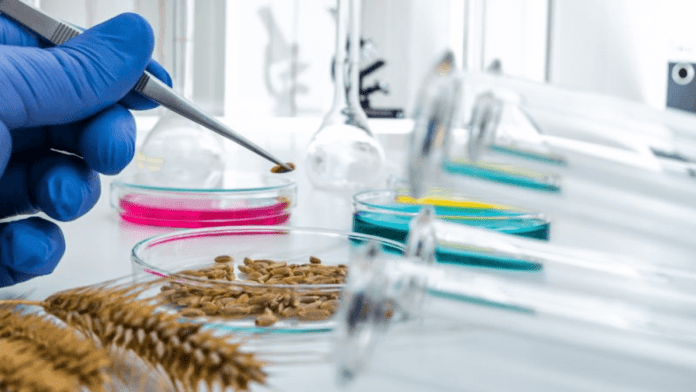News in Brief:
– Belgium’s health authority supports new gene-editing rules for agriculture, diverging from France’s stance and sparking EU debate.
– The report emphasises climate-resilient farming and categorising gene-edited plants into two tracks for regulation, highlighting potential benefits and risks.
Belgium’s Superior Health Council has thrown its weight behind new gene-editing rules, endorsing the use of New Genomic Techniques (NGTs) in agriculture. This endorsement comes in stark contrast to the stance taken by France‘s food safety authority, setting the stage for a showdown within the EU.
The Belgian report champions NGTs as a pathway to climate-resilient and sustainable agriculture. Emphasising the potential for higher yields, the council sees NGTs as a tool to achieve the EU’s ambitious environmental targets, including a 50% reduction in pesticide use by 2030. By bolstering crop resistance to pests and diseases, NGTs offer a promising solution to the challenges facing local farmers.
Crucially, the report supports the European Commission’s proposal to categorise NGT plants into two tracks. While plants with minimal modifications (NGT 1) would be exempt from strict regulations, those with more complex alterations (NGT 2) would remain subject to such oversight. This nuanced approach aims to balance innovation with safety concerns, providing a framework for responsible agricultural advancement.
The endorsement by Belgium’s health authority stands in stark contrast to the critical assessment put forth by France’s Anses. Citing potential risks, including nutritional and toxicity concerns, Anses has raised alarm bells about the proposed NGT legislation. However, the Belgian report argues that NGTs pose risks similar to conventionally bred plants, highlighting the need for a balanced assessment of agricultural technologies.



